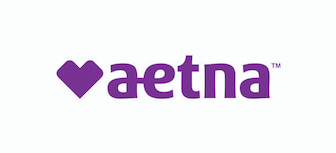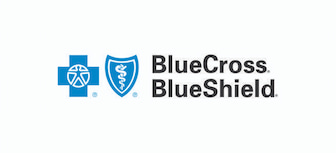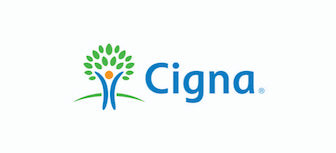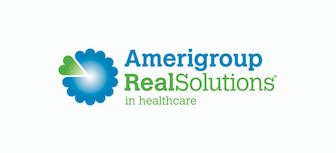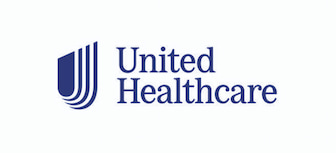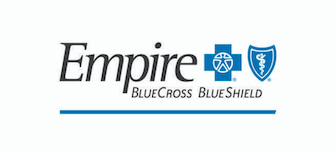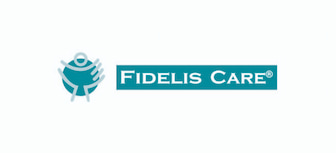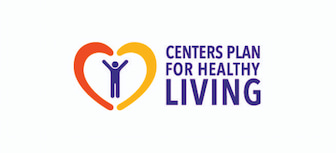Does Medicaid Cover Urology Visits in Brooklyn?
Medicaid covers medically necessary urology services to those who have low incomes or limited resources.
This government-funded healthcare program allows you to obtain treatment, including visits to a urologist in Brooklyn who takes Medicaid for urology services such as:
- Lab and imaging tests ordered by a Medicaid urologist in Brooklyn
- Prescription medication that’s needed to treat a urological condition
- Chemotherapy if you’re diagnosed with cancer
- Surgery, if needed
Medicaid works like most other insurance policies. When you first notice symptoms, consult with your primary care physician (PCP). If your doctor thinks your problem isn’t routine, he gives you a referral so you can book an appointment with a Brooklyn urologist who takes Medicaid to get an accurate diagnosis and effective treatment from an expert.
Is It Difficult to Find a Urologist in Brooklyn Who Takes Medicaid?
If you have a problem with your urinary system, make an appointment to see a specialist to determine exactly what’s wrong and the best way to treat it. Brooklyn is a heavily populated borough that has many primary care doctors and urologists. If you’re insured with Medicaid, use this directory to find a urologist in Brooklyn who accepts Medicaid referrals.
Urologists diagnose and treat conditions that affect your pelvic organs, which work together to filter toxins and excess fluid from your blood.
Your urologist specializes in recognizing and finding solutions for problems that involve any of the organs in the urinary system in both men and women, including your:
- Kidneys
- Bladder
- Ureters
- Urethra
You may need a referral to get an appointment with a urologist in Brooklyn who takes Medicaid and who specializes in treating conditions affecting the male reproductive system. Talk to your PCP if you find a lump on your penis or testicles, have difficulty maintaining a steady urine stream or struggle with infertility.
What Are Signs That I Need a Urologist in Brooklyn Who Takes Medicaid?
Don’t ignore signs that something isn’t working right in your urinary tract. Some urinary tract problems have a direct impact on your day-to-day activities, while other conditions create long-lasting consequences.
Symptoms you may experience include:
- Having difficulty urinating
- Urinating only a dribble even though you feel like you still have to go
- Feeling a strong urge to urinate frequently
- Noticing your urine is cloudy or bloody
- Experiencing urinary incontinence or leaking
Problems with the male reproductive system can also be hard to ignore. Your primary care doctor needs to know how these issues affect your ability to perform everyday tasks and duties before providing a referral to a Brooklyn urologist who takes Medicaid.
These signs may include:
- Having trouble getting or sustaining an erection
- Trying to conceive a child with your female partner without success due to male fertility issues
- Finding one or more lumps on your testicles or penis
Your Brooklyn PCP reviews your symptoms and decides if simple treatments can correct your problem. If a medical issue is complex, however, your doctor refers you to book an appointment with a Medicaid urologist in Brooklyn.
Are There Different Types of Urologists?
Becoming a urologist requires extensive training that consists of an undergraduate degree, a medical school degree and five years of residency. Some urologists choose to undergo additional specialized training by completing a fellowship that lasts one to two more years.
Subspecialties within urology include:
- Pediatric urology. This type of urologist treats children with urinary issues, such as bedwetting, an overactive bladder or urinary tract infections (UTIs).
- Female urology. Some urologists focus on problems specific or more common to women, such as pelvic organ prolapse, recurring UTIs and post-pregnancy incontinence.
- Male reproductive health. Men with concerns like erectile dysfunction, an enlarged prostate or male infertility may see a urologist who specializes in male reproductive health. Seek a diagnosis, since about one in eight men are diagnosed with prostate cancer in their lifetime.
- Urologic oncology. This specialist focuses on diagnosing and treating cancers of the urinary tract and cancers of the male reproductive system. Some of the most common cancers treated by urologists include kidney cancer, bladder cancer and prostate cancer.
Some urologists specialize in treating specific problems, such as kidney stones. Others specialize in reconstructive surgery to repair genitourinary organs after a trauma or to correct congenital abnormalities. When possible, choose a urologist in Brooklyn with a focus on the types of problems you’re experiencing. Take advantage of the experience and expertise of the best urologists in Brooklyn.
What Types of Treatment Do Brooklyn Urologists Perform?
Treatment options vary, based on your individual diagnosis, the severity of your symptoms and how long you’ve had those symptoms. A urologist in Brooklyn who take Medicaid also takes into account your medical and family history. Urological conditions are often treated using medication, which your primary care doctor may prescribe before recommending that you see a urology expert.
Examples of prescription medications include:
- Medication that works on the smooth muscles of the bladder to help control urinary incontinence
- Antibiotics to treat infections
- Medication that relaxes blood flow in the penis to treat erectile dysfunction
- Hormone therapy to regulate hormones that may be causing male infertility
- Chemotherapy and radiation for cancer
Some urological conditions require surgery. The best urologists in Brooklyn use minimally invasive techniques whenever possible, such as laser therapy, endoscopic techniques or laparoscopic surgery. The benefits of minimally invasive surgery include reduced downtime, less scarring and a lower risk of infection.
Procedures that a Brooklyn urologist who takes Medicaid performs include:
- Removal of kidney stones
- Removal of cancerous tumors
- Kidney transplant
- A bladder sling procedure for stress incontinence
- Pelvic organ prolapse restoration
Schedule an appointment with your Brooklyn urologist who takes Medicaid as soon as you receive your referral. Many urinary tract issues and conditions related to the male reproductive system are easily corrected if treatment begins early. Otherwise, you may need more invasive treatments. Urinary tract conditions rarely clear up by themselves.


 My BestDoc
My BestDoc
 Future Appointments
Future Appointments
 Settings
Settings
 Sign out
Sign out

